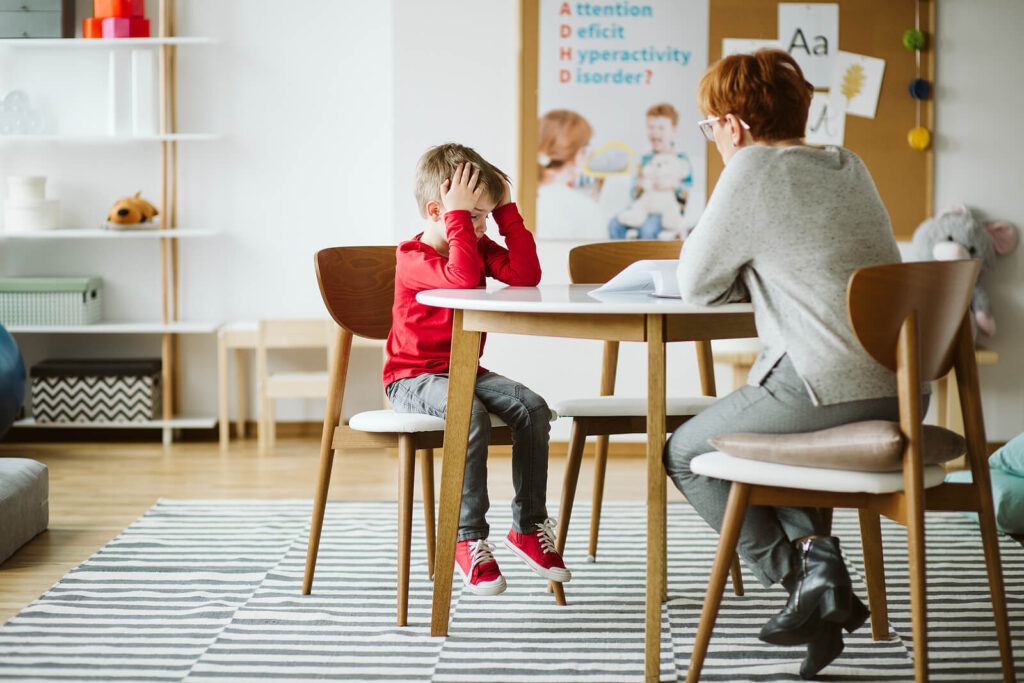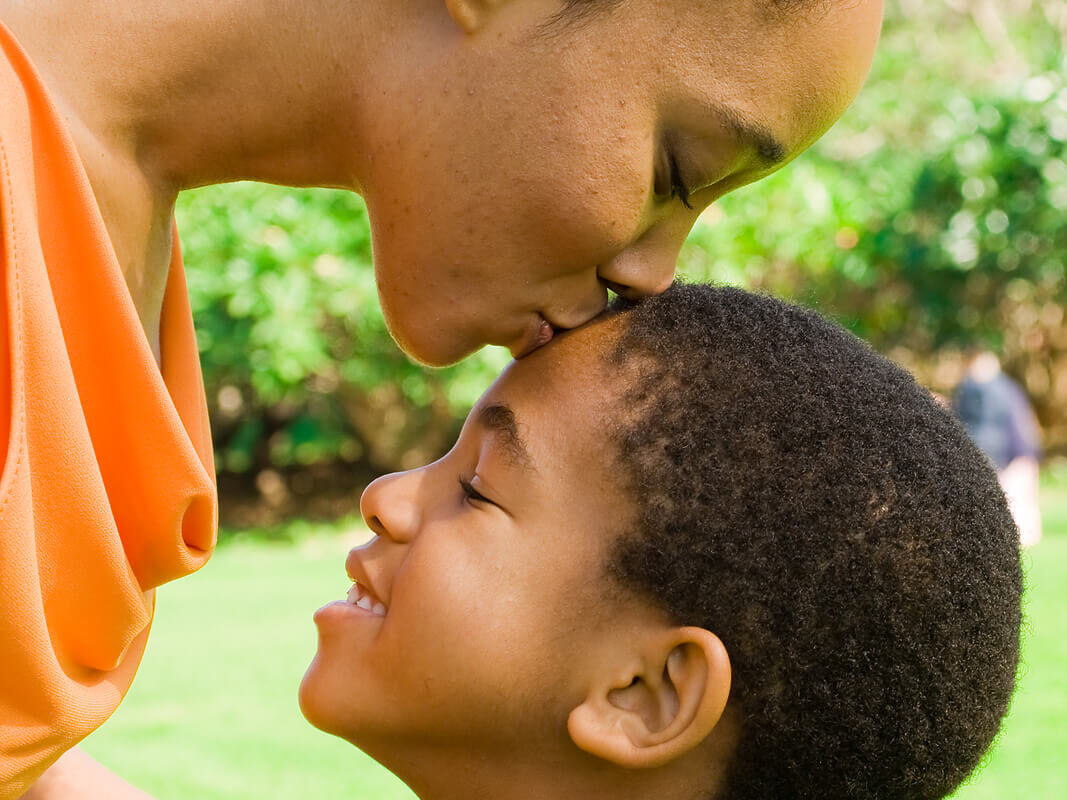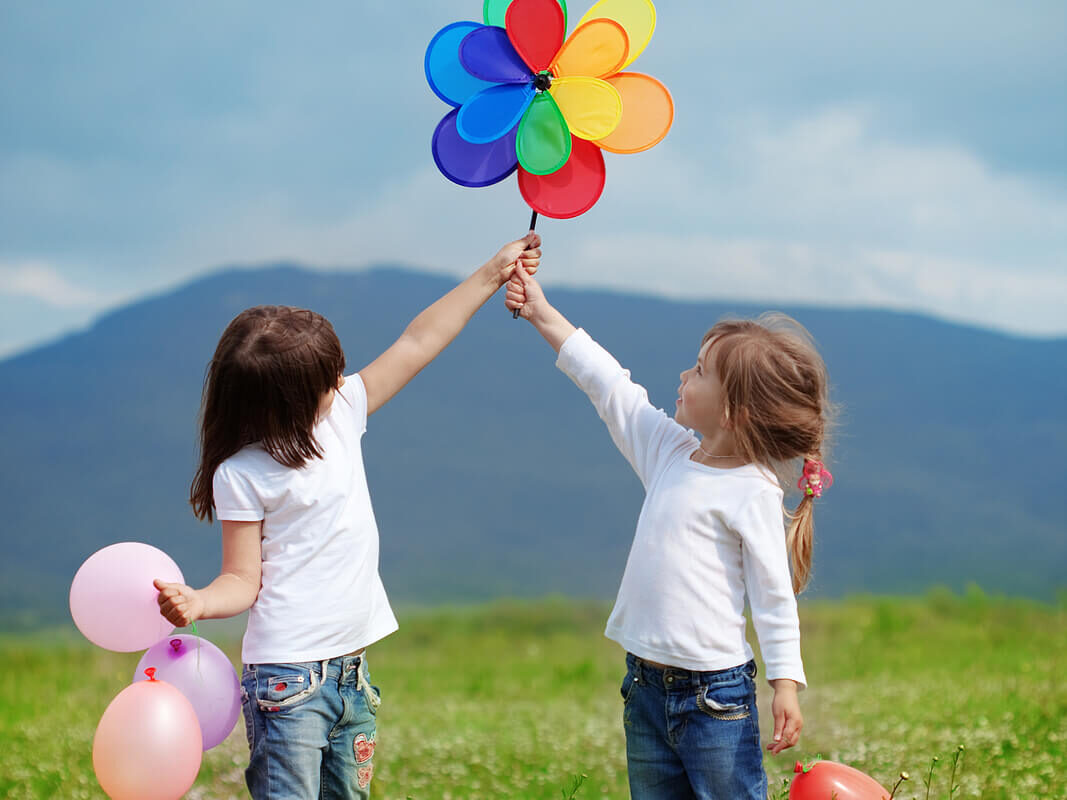
Children can be both a blessing and a curse at times. Developmentally, they are navigating a lot of changes all the time. Kids are learning how to interact with the world around them. As adults, we have experienced much of what they are exploring. So when kids experience curiosity, ask questions, scream, laugh, cry, and so on, sometimes we forget that we were once where we are. Sometimes though, our children and our family encounter traumatic events. Whether it’s known to some or all. If you are experiencing a change in your child and are worried about why they are behaving this way, the answer could surprise you. Learn about why understanding childhood trauma matters!
What is trauma?
Trauma is an emotional expression of an event that may threaten someone or cause them harm. It can show up through emotional, physical, real, or unreal threats. Trauma can also be divided up into small t trauma which is trauma that accumulates over time and often shows up as complex trauma later on in adult life, or Big T trauma which can be the result of abuse, injury, death, and so on. Here are some examples of what could be considered a trauma:
- Abuse ( sexual, physical, or emotional)
- Childhood emotional neglect
- Experiencing death
- A traumatic sports injury
- Domestic violence and abuse
- Sexual assault
- Experiencing an automobile accident
- Separation from family
- And much more.
Trauma Impacts Us More Than You Realize
Our Bodies
When individuals are navigating trauma our bodies may get into a period where we have chronic stress. This is when the body goes into flight, fight, freeze, or fawn stages and our bodies produce an excess of cortisol. This can damage our tissues and lead us to get sick more often or not get replenishing sleep.
The Brain
With trauma and stress, our brains are constantly trying to regulate what is going on around us. That means that children may struggle to pay attention in school, have memory issues, and may switch tasks at a slower pace than others.
Emotion
Part of being a child includes connection with other children and exploring the world around them. However, if they are struggling to connect with their own emotions, you may find kids isolating themselves, not making friends, developing low self-esteem, feeling unsafe, or having high levels of anxiety and depression.
Behavior
When kids are trying to manage what they are dealing with mentally, emotionally, and physiologically, they may act impulsively. That means you may see active or passive suicidal ideation, self-harm, aggression/anger, or unusual substance abuse.

As A Parent, Here is What You Need to Know About Understanding Childhood Trauma
The beautiful thing about children is that they are learning, growing, and developing. Where they are now, is not where they will be next year or even 5 years from now. Children are flexible, plastic, and resilient. They can heal. We expose them to certain situations like letting them go off to school on the first day, driving for the first time, or teaching them new skills because they need that new stress to develop.
Trauma on the other hand is a whole different beast. When kids don’t feel like they can cope, that’s when fight, flight, and fawn comes in. What is important to know is that if your children are navigating a trauma. Some kids recover more quickly than others. For those who struggle with it, it may interfere with their redevelopment as it has longer-lasting effects. Getting your child the right support early on can prevent this trauma from taking them out in the long run.
Factors that Influence Trauma Recovery
- Age
- Event Frequency
- Coping Skills
- Relationships
- Sensitivity
- Perception

One last thing to note is that a traumatized child is not a “ bad kid”. Rather this kid is reacting to the situation in the best way possible. Changing that language and perspective when working with your child can foster the compassion and empathy they need to heal. Being able to begin understanding childhood trauma can have a profound impact on your child’s healing as well.
Find a Trauma Therapist Who Can Help in Understanding Childhood Trauma
Kids are resilient and curious individuals. However, sometimes good kids can be perceived as bad when we don’t realize the roots of behavior come from trauma. If you need support in parenting and helping heal a traumatized child, It all begins with finding a trauma therapist today! Trauma is real and can be difficult to understand. Even if your child has lived a happy healthy life they can still benefit from trauma-informed parenting. Start the process with the help of a trauma therapist. Find A Trauma Therapist by clicking here




